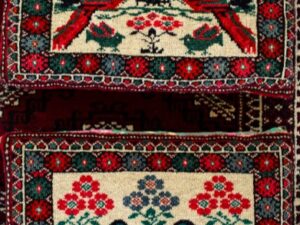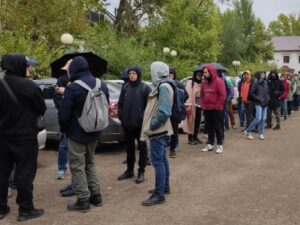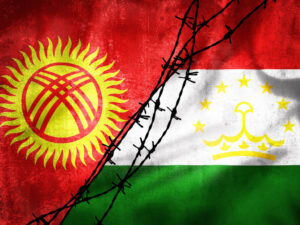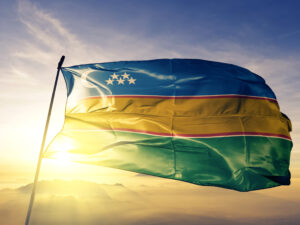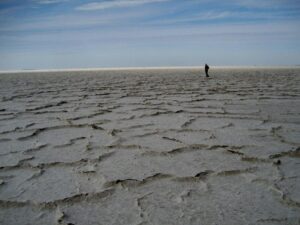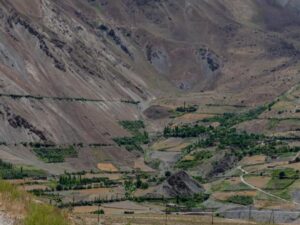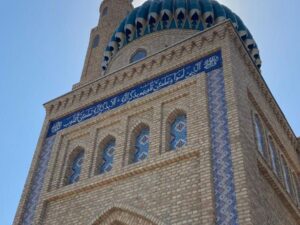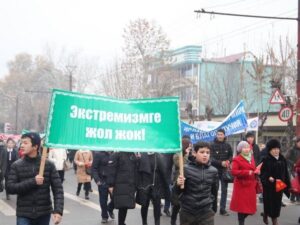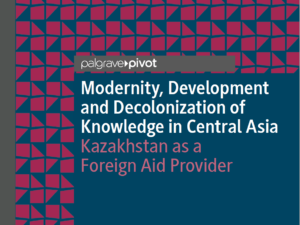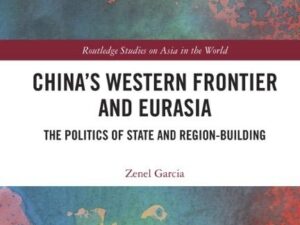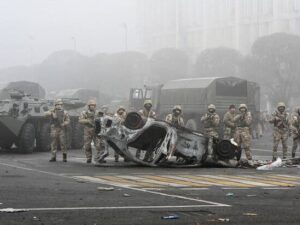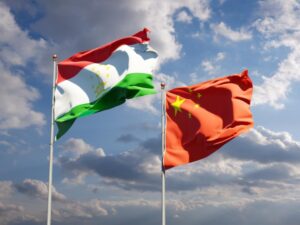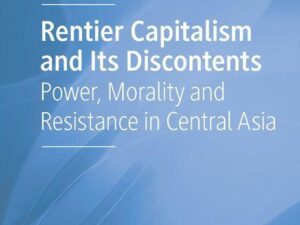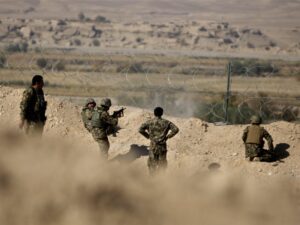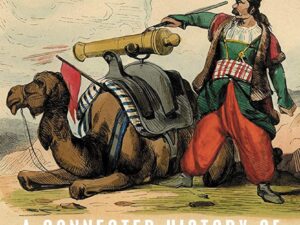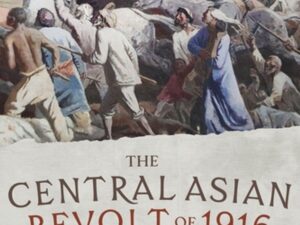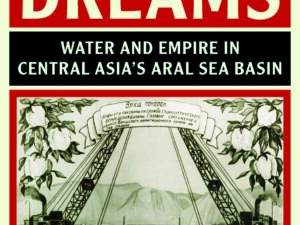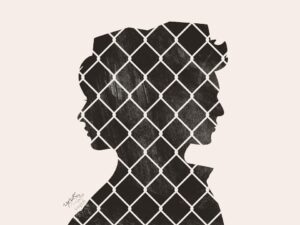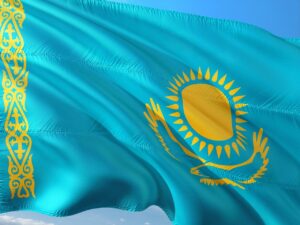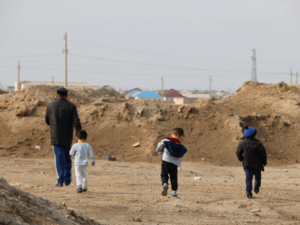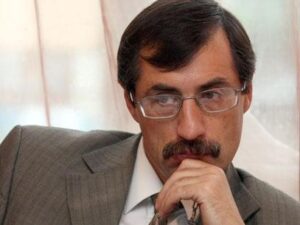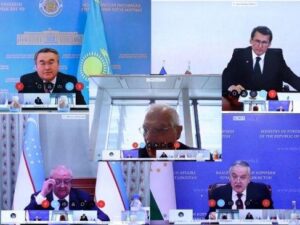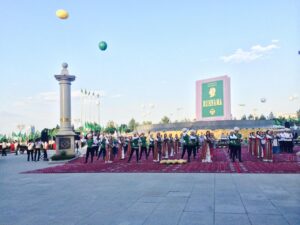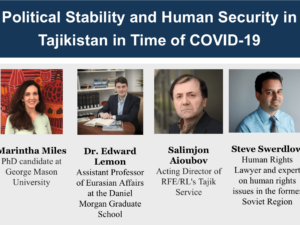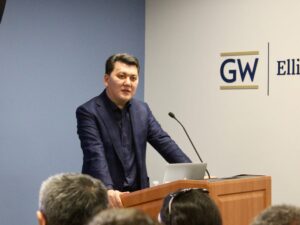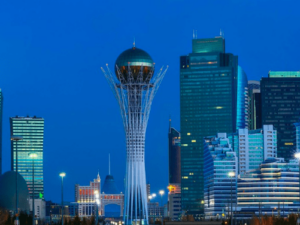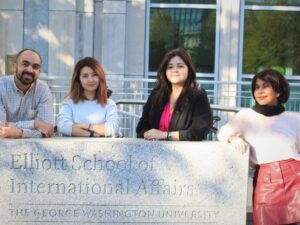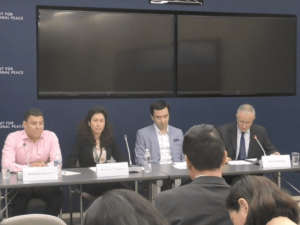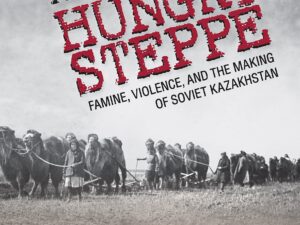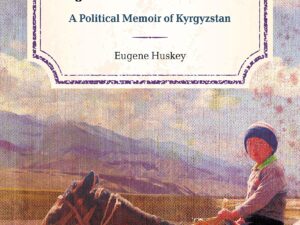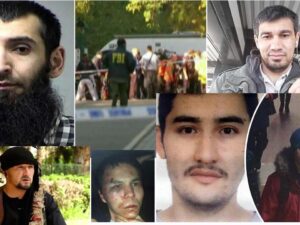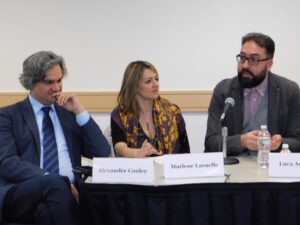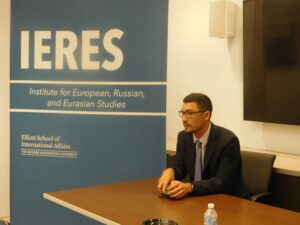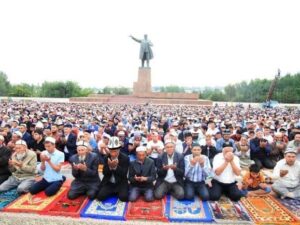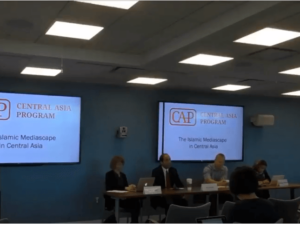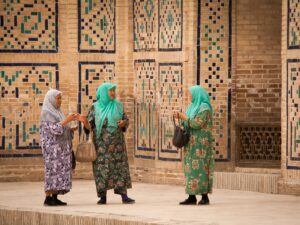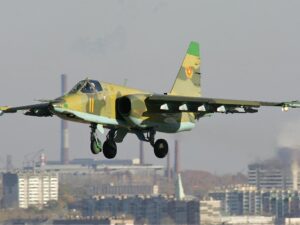
- This event has passed.
Galina Yemelianova – Official Islamic Leadership in Central Asia: The Soviet Legacy
14 February, 2017 @ 5:30 PM - 7:00 PM

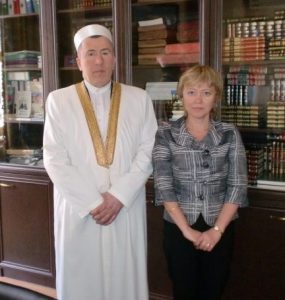 Central Asia is widely associated with Islam. However, throughout history the role of Islam in the region has been ambiguous and it has been mitigated by the pre-Islamic civilizational heritage, the nomadic tribal and customary norms and the Soviet legacy. An outcome of this ambiguity has been a significantly weaker political role of Islam and the official Islamic leadership (muftis), in particular, compared to that in the Middle East and some other parts of the Islamic East. Discussing the implications of Sovietization for the official Islamic leadership across the region Galina Yemelianova argues that the Sovietization had a transformative impact on its relationship with the state. It instrumentalized the existing ambiguity and introduced to the region the Russian model of state-Muslims relations, created by Catherine the Great in the late eighteenth century. This model, although with considerable modifications, continues to define the state-Muslim relationship in present-day Central Asia and other Muslim-majority parts of Eurasia. Its key elements have been the ‘co-optation’ of the Islamic leadership within the assertively secular state, its de-politicization and legal flexibility and expediency, as well as its public rejection of other forms of Islam.
Central Asia is widely associated with Islam. However, throughout history the role of Islam in the region has been ambiguous and it has been mitigated by the pre-Islamic civilizational heritage, the nomadic tribal and customary norms and the Soviet legacy. An outcome of this ambiguity has been a significantly weaker political role of Islam and the official Islamic leadership (muftis), in particular, compared to that in the Middle East and some other parts of the Islamic East. Discussing the implications of Sovietization for the official Islamic leadership across the region Galina Yemelianova argues that the Sovietization had a transformative impact on its relationship with the state. It instrumentalized the existing ambiguity and introduced to the region the Russian model of state-Muslims relations, created by Catherine the Great in the late eighteenth century. This model, although with considerable modifications, continues to define the state-Muslim relationship in present-day Central Asia and other Muslim-majority parts of Eurasia. Its key elements have been the ‘co-optation’ of the Islamic leadership within the assertively secular state, its de-politicization and legal flexibility and expediency, as well as its public rejection of other forms of Islam.Galina M.Yemelianova is Senior Lecturer (Associate Professor) at the Centre of Russian, European and Eurasian Studies at the University of Birmingham (UK). She has led and conducted over ten large externally-funded inter-disciplinary collaborative field-work-based research projects on the interaction between Islam, national identity and statehood in Central Asia, the Caucasus and the Volga region. Her numerous publications include Central Asia: An Introduction (Edinburgh University Press 2017, forthcoming); Many Faces of the Caucasus (Routledge, 2014); Radical Islam in the former Soviet Union (Routledge, 2010); Islam in post-Soviet Russia: Private and Public Faces (Routledge, 2003) and Russia and Islam: A Historical Survey (Palgrave, 2002).
This event is part of the CERIA Initiative, generously funded by the Henry Luce Foundation.



